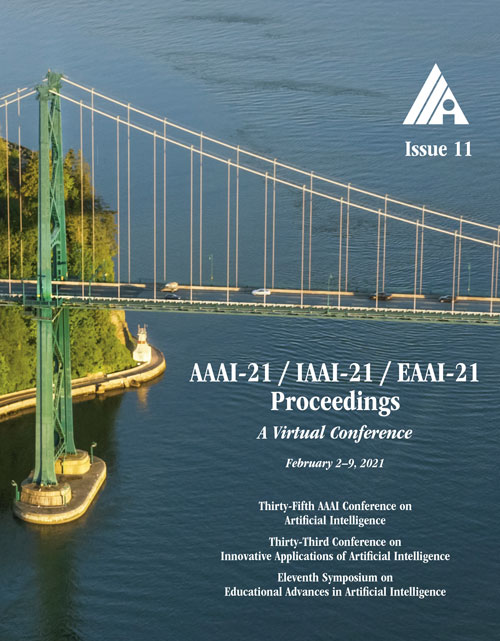Learning Adjustment Sets from Observational and Limited Experimental Data
DOI:
https://doi.org/10.1609/aaai.v35i11.17194Keywords:
Causal Learning, Causality, Graphical Models, Probabilistic Graphical ModelsAbstract
Estimating causal effects from observational data is not always possible due to confounding. Identifying a set of appropriate covariates (adjustment set) and adjusting for their influence can remove confounding bias; however, such a set is often not identifiable from observational data alone. Experimental data allow unbiased causal effect estimation, but are typically limited in sample size and can therefore yield estimates of high variance. Moreover, experiments are often performed on a different (specialized) population than the population of interest. In this work, we introduce a method that combines large observational and limited experimental data to identify adjustment sets and improve the estimation of causal effects for a target population. The method scores an adjustment set by calculating the marginal likelihood for the experimental data given an observationally-derived causal effect estimate, using a putative adjustment set. The method can make inferences that are not possible using constraint-based methods. We show that the method can improve causal effect estimation, and can make additional inferences when compared to state-of-the-art methods.Downloads
Published
2021-05-18
How to Cite
Triantafillou, S., & Cooper, G. (2021). Learning Adjustment Sets from Observational and Limited Experimental Data. Proceedings of the AAAI Conference on Artificial Intelligence, 35(11), 9940-9948. https://doi.org/10.1609/aaai.v35i11.17194
Issue
Section
AAAI Technical Track on Machine Learning IV

